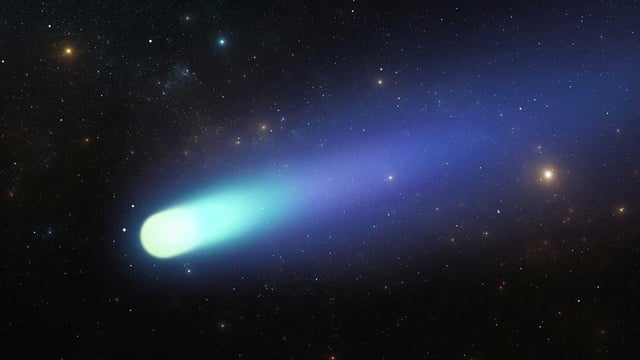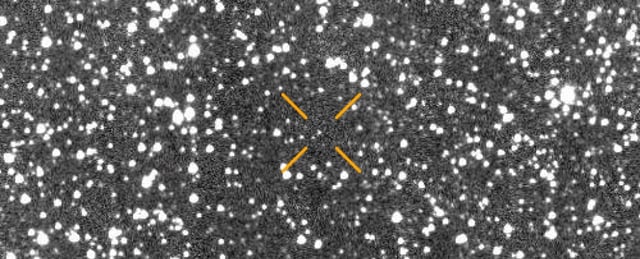Overview
- Hubble and other telescopes captured sunward dust plumes and a faint tail at about 3.8 au, confirming active cometary behavior
- The object is moving at roughly 209,000 km/h, making it the fastest interstellar visitor, with its nucleus constrained between approximately 320 m and 5.6 km across
- Visible spectrophotometry from Seimei/TriCCS and SOAR finds a reddened surface akin to D-type asteroids but no detectable gas emissions, reinforcing a natural-comet interpretation
- Harvard astrophysicist Avi Loeb’s preprint and media calls for an artificial origin and policy readiness have drawn public attention but are rejected by most astronomers
- Mission-retargeting proposals such as repurposing Juno remain under review, and coordinated multi-wavelength campaigns with JWST, TESS and ground-based facilities continue through September



